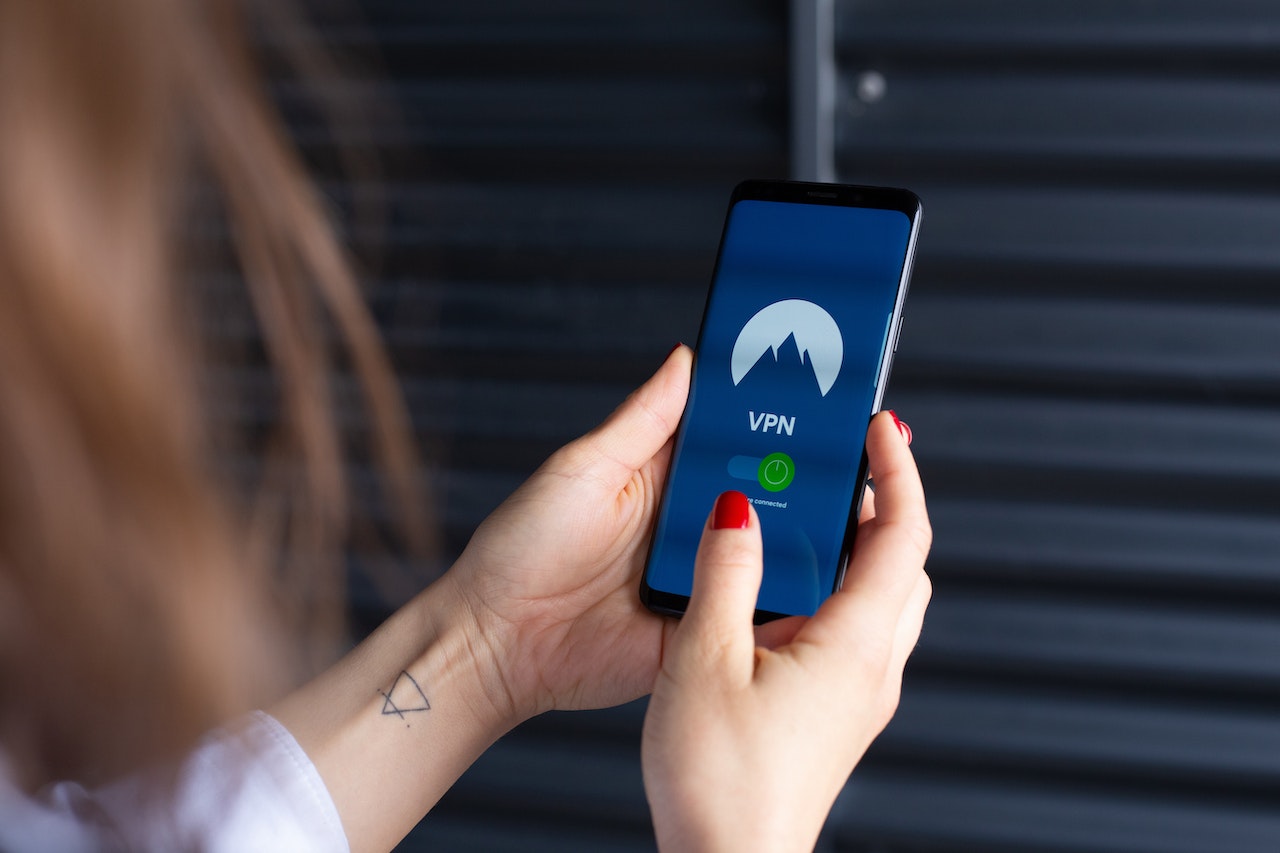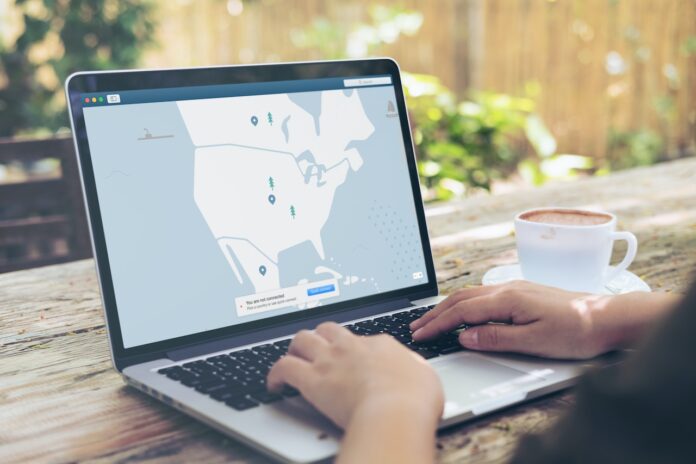In today’s world, data protection and safety is a top concern for corporations, government agencies, internet users, and remote workers alike. It’s no surprise that VPNs have become one of the most popular means to protect digital privacy on the web. With so many providers now available, however, it can be difficult to know which VPN will offer you the best service in terms of security features, speed, and customer support – especially when not all seemingly identical plans are created equal. To help navigate through this complicated space, we’ve outlined six things to consider when choosing a VPN so you can make sure you get exactly what you need from your provider.
1. Security and Encryption
When you’re thinking about the security of your online activities, the first thing that comes to mind is encryption. When data is encrypted, it’s scrambled and unreadable by anyone without a key – making it virtually impossible for third parties to access your information. That’s why it’s important to make sure you choose a VPN with secure encryption protocols like OpenVPN or SSH. A good rule of thumb is to look for a service that offers military-grade encryption: AES 256-bit encryption is considered the gold standard. You should also be sure to check out additional features like Split Tunneling and Automatic Kill Switch which can guarantee an even more secure internet surfing experience.
2. Speed and Reliability
Each of us wants to have a safe and secure internet connection once we do connect to the internet. Hence, speed and reliability are critical factors to consider when selecting a VPN. If you’re watching Hulu in Canada, having slow speeds can be painfully frustrating as every buffer or pause feels interminable. A reliable VPN service promises that your connection will stay consistent, regardless of which server location you’re accessing. One way to ensure a connection is consistently fast is by verifying that the provider offers unlimited bandwidth and has no download caps; you don’t want your watching or streaming experience constantly interrupted because you’ve exceeded your limit for the month! Finally, using an independent suitability tester can be vital in finding out how well servers perform. A reputable VPN should keep their servers performing quickly so you don’t lose out on watching the latest shows at their best quality.
3. Privacy and Anonymity
When selecting a VPN for online privacy, it is essential to focus on the level of data encryption and whether you have anonymity any time your online activity is accessed. Data encryption means that all of your transmissions are secure and private, helping to protect personal information from cybercriminals. Additionally, it’s important to make sure that the VPN goes beyond simple encryption and offers true anonymity. The VPN should be able to mask your browsing information in order to keep all your activities anonymous, with nobody able to track who you are or what action you took. With some features like splitting, IP shuffling, and even specialized servers dedicated to offering maximum privacy and anonymity, you can ensure that your security is being taken seriously by the VPN providers.

4. Geographical Reach
Some VPNs have a more limited selection of countries than others; some offer access in just a handful, while others span the globe. Depending on what activities you’ll be engaging in online, allowing for coverage across multiple continents is something to keep in mind before committing to your preferred VPN. Moreover, regular travelers and ex-pats will want the added peace of knowing that they can access the internet securely no matter the country. With the right VPN provider and its wide array of available countries, you can be assured that all your global browsing needs are taken care of.
5. Device Compatibility
When choosing a VPN, device compatibility is an important factor – not all devices are alike, and some may be better served with certain individual VPNs. Look for apps specifically designed for the device you’re using (or options like manual OpenVPN setup) to ensure it’s supported. Options such as operating system compatibility and the ability to use the same account on multiple devices will also make your experience more seamless. Consider these top-level questions when deciding which VPN is right for you and your device(s).
6. Cost and Value for Money
Many VPN companies offer different packages, such as monthly subscriptions, annual plans, and even longer-term options. Consider the specialized features you need before shopping around to avoid overpaying for added functionality you don’t use. There are several companies that offer discounts once you sign up for long-term plans, so it’s worth researching deals and promotions if you intend to stay connected to a VPN for a while. Make sure to read customer reviews because some providers promise features that might not be provided in practice – cheaper isn’t always better! Finally, check the terms and conditions regarding refunds in case of dissatisfaction.
From encryption and speed to geographical reach and device compatibility, there are many factors to consider when making your selection. It’s also important to pay attention to the provider’s policy on data logging and anonymization, as well as their prices, in order to ensure you get the best value for your money. Ultimately, when selecting a VPN service, think about what you need from it and make sure it meets these requirements before making any decisions. With the help of this guide, it should be straightforward for anyone to do the necessary research required in order to identify the right VPN for them.





